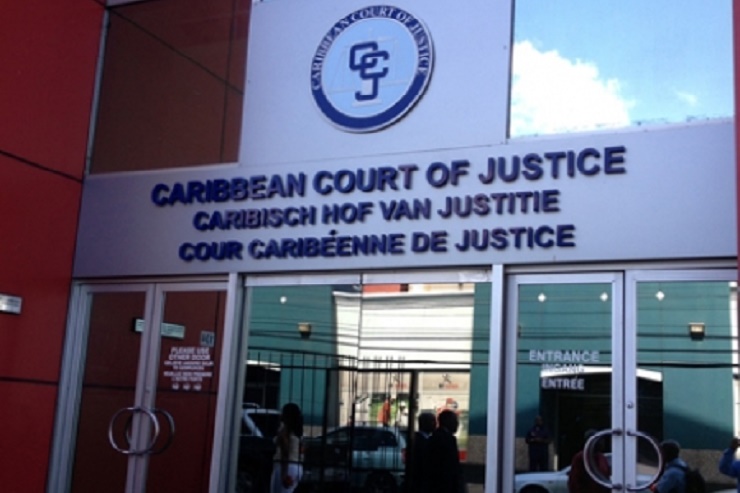Port of Spain, Trinidad. The Caribbean Court of Justice (CCJ) today ordered that a conviction
and sentence of 5 years for causing dangerous harm imposed on Mr. Gilbert Henry be restored but
noted that, as Mr. Henry had already served his time, he would not be imprisoned or face any other
sanction. Mr. Henry’s previous conviction had been quashed by Belize’s Court of Appeal in a
written judgment delivered on 16 June 2017, reversing an oral judgment it had given earlier in this
case.
In 2008, Mr. Gilbert Henry was charged with attempted murder after he was accused of stabbing
Mr. Ellis Taibo. His trial began almost 4 years later. After the trial judge’s summation, the jury
deliberated for 2 hours and twenty-six minutes before asking for further directions. The jury then
retired again and deliberated for a further 8 minutes before returning with a verdict of not guilty
of attempted murder but guilty of causing dangerous harm.
Mr. Henry challenged his conviction and sentence before the Court of Appeal of Belize, arguing
that substantial delays in the trial and appellate processes were in breach of his constitutional right
to a fair trial within a reasonable time, among other issues. On 22 March 2017, the Court of Appeal
delivered an oral judgment dismissing the appeal and affirming Mr. Henry’s conviction and
sentence. The court later delivered a written judgment on 16 June 2017 which made no mention
of the earlier oral judgment.
The CCJ considered the matter, and several related cases, before arriving at the following
conclusions. Firstly, an oral decision or order made by a judge is normally binding from the
moment it is delivered and parties are entitled to rely upon it. Secondly, the court retains a right
to vary its earlier decision until the order of the court is recorded or otherwise perfected. The CCJ
cautioned that it should only be amended in exceptional circumstances, adding that the court
should invite submissions from the affected parties and should refer to the earlier decision, and
explain its reasons for varying or overturning it, in the subsequent decision. Lastly, the court had
no further authority once its order had been recorded.
The Court did not accept the Director of Public Prosecution’s (DPP) argument that the Court of
Appeal could not reverse the judgment before an order is issued. However, in the present case, the
CCJ found that the Court of Appeal had wrongly exercised this jurisdiction. The Court of Appeal
should have explained the reason for its reversal of the written decision and there was also no
indication that consideration was given to inviting submissions from the parties. The CCJ felt that
these amounted to significant procedural lapses by the court.
The CCJ said that where all the jurors agreed on the verdict there was no need for them to deliberate
for two hours and reversed the Court of Appeal on this point. The appeal was allowed and the
conviction and sentence of 5 years for the offence of causing dangerous harm was restored. There
was no order as to costs.
The case of The Queen vs Mr. Gilbert Henry was heard at the Court on 18th June 2018 and
judgment delivered a mere 3 weeks later. The appeal was heard by the Bench of the CCJ
comprising the Honourable Messrs. Justices Saunders (now President of the Court), Wit, Hayton,
Anderson and Mme. Justice Rajnauth-Lee. The appellant was represented by Ms. Cheryl-Lynn
Vidal, SC and Mrs. Shanice Lovell and the respondent was represented by Mr. Kevin L. Arthurs.
The full judgment of the Court, and a judgment summary, are available on the Court’s website at
www.ccj.org.



